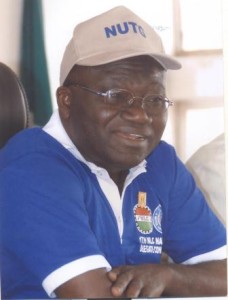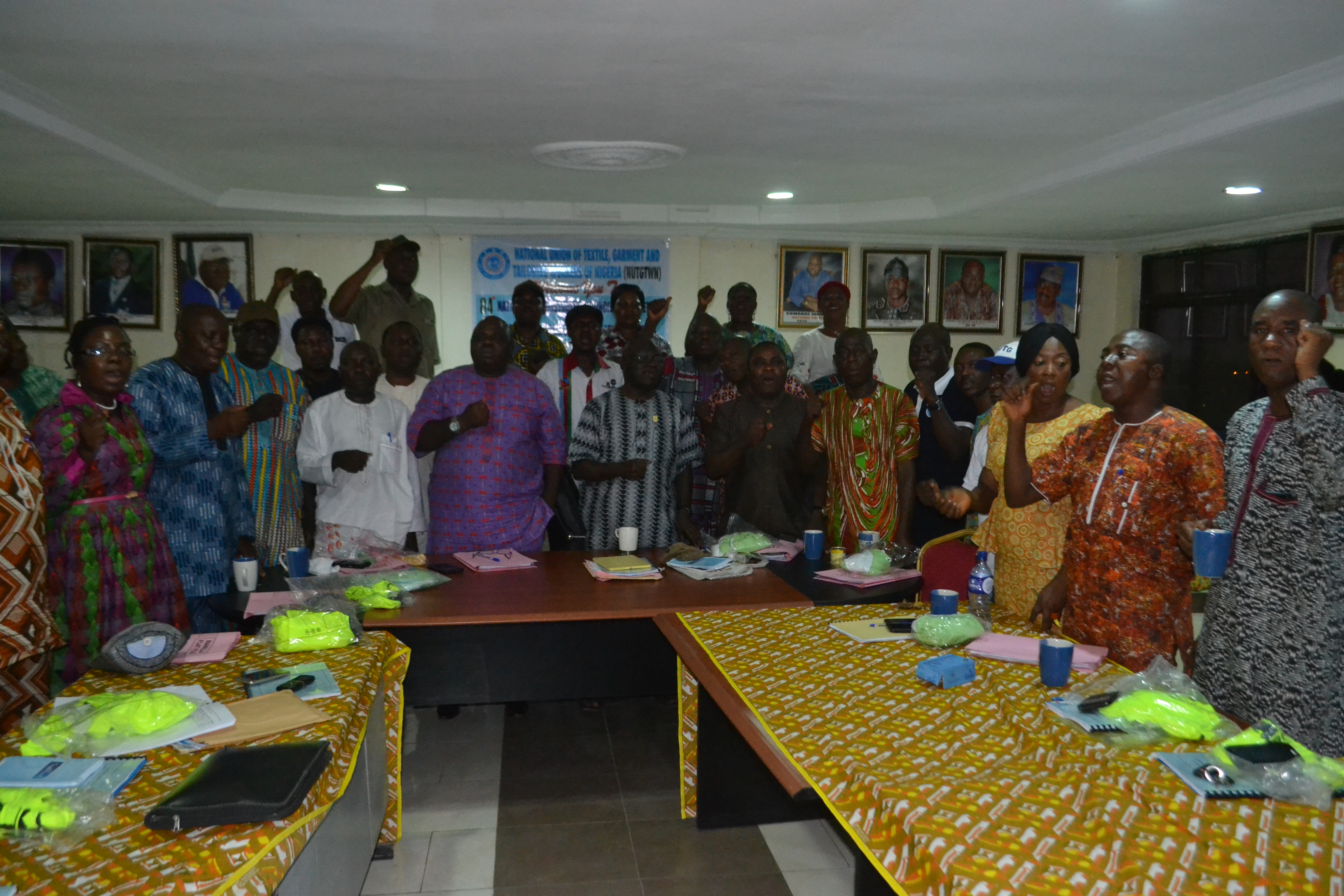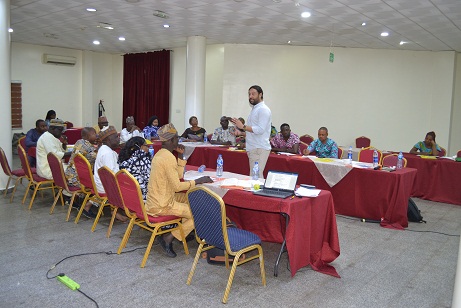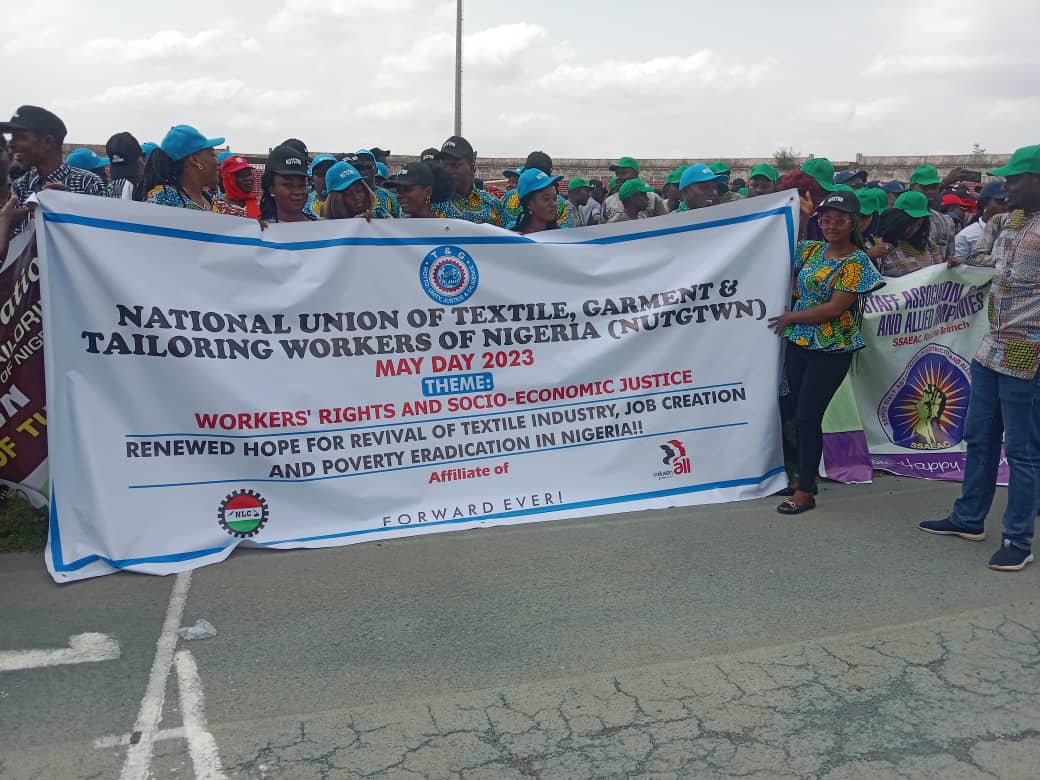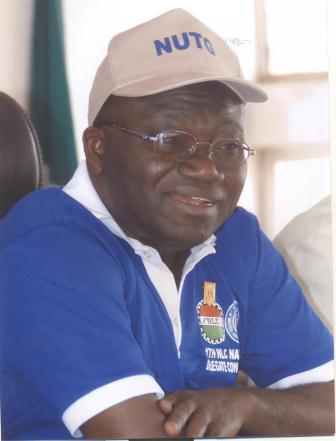
I have made a number of visits to Zimbabwe in the course of my union work. My last visit to Mugabe’s Zimbabwe was in March this year.
The Sub-Saharan Africa Regional Executive Committee meeting of IndustriALL global union (of which am the Vice President) took place on the 30th of March 2017 at the prestigious Cresta Lodge, Harare. I still have nostalgia for this beautiful Southern African landlocked country of about 16 million people. Of course my longing is for Zimbabwe without one Robert who has been “succeeding” one Mugabe since 1980 until 21 November 2017, following the forced resignation of the two compound name – Robert Mugabe.
In my “Random Notes From Harare, Zimbabwe” published in this column, on April 2, 2017, I had alluded to a truly “unique and beautiful country… boasting the majestic Victoria Falls, magnificent wildlife preserves, the medieval ruins of “Great Zimbabwe” and most importantly warm and resilient people the best of which are my dear Zimbabwean comrades.
My reflections on Zimbabwe under Mugabe (what I dubbed Mugabedom) can make a chapter in the next revised edition of my Reflections on Africa and Global Affairs (2015). They include “Mugabe at Mugabe @ 80 (Daily Trust, 1st March 2004); Mugabe as history (Daily Trust, Monday, April 7, 2008); Zimbabwe for beginners, (Daily Trust, 30th June 2008); Mugabedom not yet Zimbabwe (Daily Trust, 12 August, 2013); and Robert Gabriel Mugabe (RGM) for Beginners (Daily Trust, 26 August, 2013).
My recollection from the March visit to Zimbabwe is of special importance today as it offered me a rare opportunity to engage Mugabe’s minion Deputy Minister of Labour and Social Welfare, one Engineer Tapiwa Matangaidze, on the vexed and dangerous issue of who succeeds Mugabe beyond a Robert. As a presiding officer at the Q&A session expectedly to be strictly on labour market issues, I purposely opted for the political and asked pointedly when would Robert Mugabe quit? Engineer Tapiwa Matangaidze in response dared to know my nationality. I did not hesitate to again pointedly respond to Tapiwa (who must have been born after Zimbabwe independence) that “I am a Zimbabwean from Nigeria” who proudly on the barricade in 1979 as an undergraduate from Ahmadu Bello University, Zaria together with other African compatriots, stormed the British Consulate in a mass action demanding for the immediate independence of Zimbabwe and British respect for the popular votes of ZANU led by Robert Mugabe against the likes of colonialist Ian Smith and his Western backers. I added that as African compatriots, we never bargained that Mugabe would replace Ian Smith in perpetuity. Far from being comfortable the agitated deputy minion minister lapsed into rehearsed trite in defense of Mugabedom as captured in our Executive Committee minutes: “Countries and political Parties decide on their leaders. If someone (read; Mugabe) has been winning resoundingly what is wrong? Zimbabwe is not a rogue state. SADC observes elections. We don’t monitor elections or observe elections in Europe. What is good for the goose is good for the gander. The West imposed sanctions after land redistribution. It’s fair that Tanzanians should own their land. Nigeria for Nigerians. It’s a fundamental policy: America for Americans; and Britain for the British.”
I have read a number of printed words including editorial comments in Nigerian dailies, following November 21st deafening collapse of Mugabe’s personal rule. Commentators feverishly draw unclear attention of readers to so-called “lessons from Zimbabwe”.
The bane of public commentaries in Nigeria is lack of depth and abysmal knowledge of the past and contemporary Africa in particular and world affairs in general. No thanks to increasing insularity and parochialism manifested in renewed regionalism/restructuring diatribes by Nigerian media.
Of course there are no lessons from Zimbabwe for Nigeria to learn. On the contrary, it is the Zimbabweans that must learn from Nigeria and other African countries who have commendably fought for democracy and refused to indulge one man the way Zimbabwe groaned under his heel.
Lest we forget, Nigeria had produced 10 leaders since the ascendancy of Mugabe’s personal rule namely; Alhaji Shehu Shagari who paid off the British in cash to sign the Lancaster House agreement on December 21 1979 which mid wived Zimbabwe independence, Muhammadu Buhari (31 December 1983 to 27 August 1985, 1 year, 239 days), Ibrahim Babangida 27 August 1985, 26 August 1993, (resigned after 7 years, 364 days), Ernest Shonekan, 26 August 1993 to 17 November 1993 (deposed after 83 days), Sanni Abacha, 17 November 1993, 8 June 1998, (died in office after 4 years, 203 days), General Abdulsalami 8 June 1998 to 29 May 1999 (resigned, after 355 days), General Olusegun Obasanjo 29 May 1999 to 29 May 2007 (8 years), Musa Shehu Yar Adua, 29 May 2007 to 5 May 2010 (died in office after 2 years, 341 days), Goodluck Jonathan 5 May 2010 to 29 May 2015, 5 years, 25 days after losing an election (Mugabe lost in 2008 but scuttled the process through intimidation and brutal rigging) and Muhammadu Buhari, the incumbent Nigerian President.
Certainly, Zimbabwe must learn from Nigerian capacity for leadership turnover. No lesson from Zimbabwe, a Republic without a national currency where everything is dollarized despite anti-imperialist rhetorics, a country with open ended inflation rate and 90 per cent unemployment and idle capacity. There can be no lesson from a country in which after almost 40 years, Mugabe in a diatribe speech which callously tasked his listener-compatriots (the word count competes with his long reign) shamelessly refused to get glory by resigning honorably only to be humiliated with forced resignation two days later.
Mugabe is certainly NOT Nelson Mandela a one term legendary President of democratic South Africa, (who once aptly described the unfolding events in Harare as manifestation of tragic leadership failure). Mugabe is certainly NOT the founding President Sam Nujoma of Namibia and founding President Kenneth Kaunda of Namibia who knew when to bow out when the political ovation was loud.

